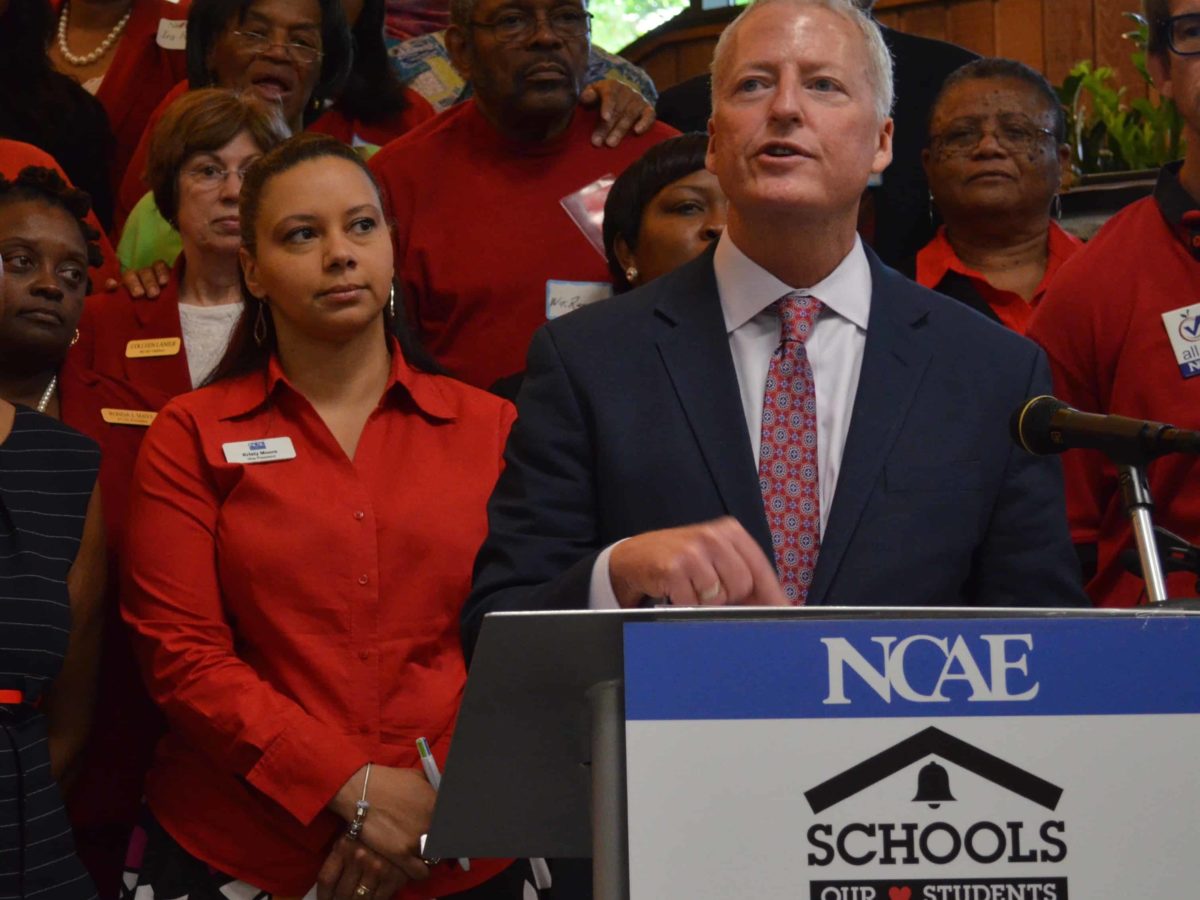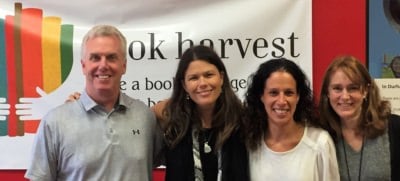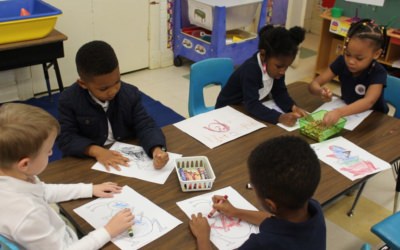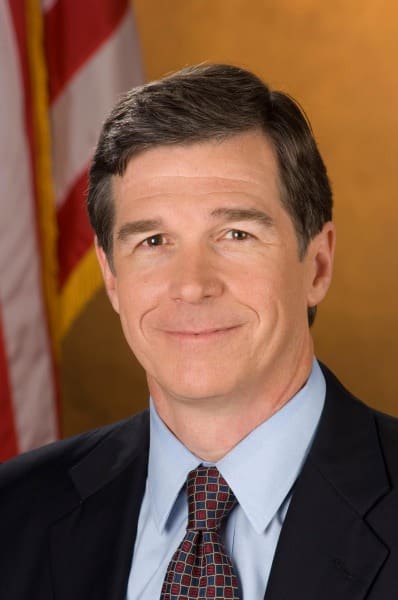
Every year at this time the nation celebrates our public schools, students, and educators during American Education Week. However, most of the year our educators don’t feel so celebrated when it comes to many education decisions made by our General Assembly. In recent articles, General Assembly leaders have touted austere budgets that shortchange public schools, pay raises that dismiss experienced educators, and significant investment in private schools. Real solutions to help students be successful happen in the classroom—not in political backrooms. If our elected leaders truly want to understand the results of their decisions, ask an educator.
PER-PUPIL SPENDING AMONG WORST IN THE COUNTRY
Extreme tax cuts for the wealthy and corporations have meant $3.5 billion less in annual revenue. These boardroom priorities mean our state can’t keep up with the needs of our classrooms. If you extract out compensation and benefits from public school budgets, there has been little investment in student resources. North Carolina is actually projected to fall in per-pupil spending, dropping from 42nd to 43rd—more than $3,000 behind the national average. Now, local school systems are facing class size chaos with recently approved regulations, but without the necessary resources like classroom space. Districts face much larger fourth and fifth grades to handle downsizing the earlier grades. Thousands of arts, music, world languages, and PE teachers were threatened this year, only to get a one-year reprieve. Lower class size requires a long-term strategic plan, not a haphazardly created proposal for an election year slogan.
SHORTCHANGING SALARIES
The most important resource for students is a qualified educator in the classroom. While legislative leaders continue to tout a $50,000 average salary, they fail to give any credit to local school districts for approving significant supplements to make that happen. In addition, the General Assembly continues to shortchange experienced educators with a salary cap of $51,300 after 25 years. With upcoming increases in health insurance premiums, many of our educators will find less in their paychecks, not more. The fact is North Carolina’s average teacher pay is still $9,000 behind the national average. Let’s also not forget in recent years lawmakers eliminated master’s and longevity pay, basic due process rights for new educators, and retiree health insurance for new hires in 2021, and more. Ask educators whether they feel they are getting ahead when they go to the mall or local restaurant after school for their second job.
CHOICE AND TAKEOVER SCHEMES
Instead of making significant investments in public schools, the General Assembly continues to follow the DeVos playbook by making large investments in private schools and unproven, unaccountable takeover schemes of low-performing public schools by for-profit charter companies. They will call them flashy names like Opportunity Scholarships or Innovation School Districts, but pull back all the glitz and these programs just raid starving public school systems of desperately needed resources. Just one example of the impact on public school students – the textbook fund unacceptably remains $30 million behind pre-recession levels. At the current trajectory, the state will spend more on private school vouchers than on textbooks in just a few short years.
SUCCESFUL STUDENTS
Unfortunately, some of our elected leaders feel the way to student success are through “reforms”—but those reforms mean starving public school students of resources, shortchanging experienced educators, and shifting resources to private schools. To understand what our students need ask an educator. Our public school students are most successful when they have a well-resourced classroom, more one-on-one attention, and respected and knowledgeable educators in our schools. Public education is the foundation of our democracy and our students and public schools deserve better.




